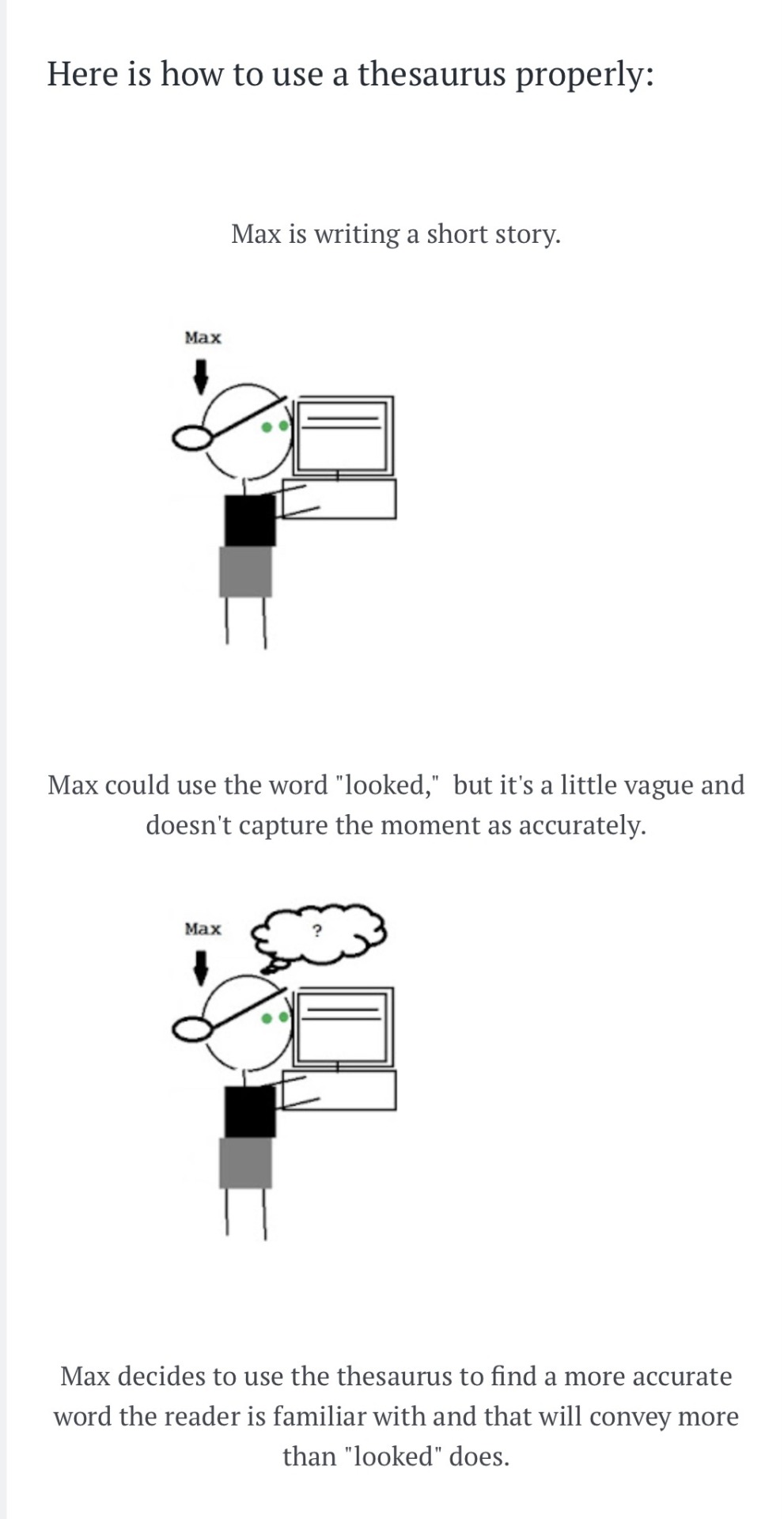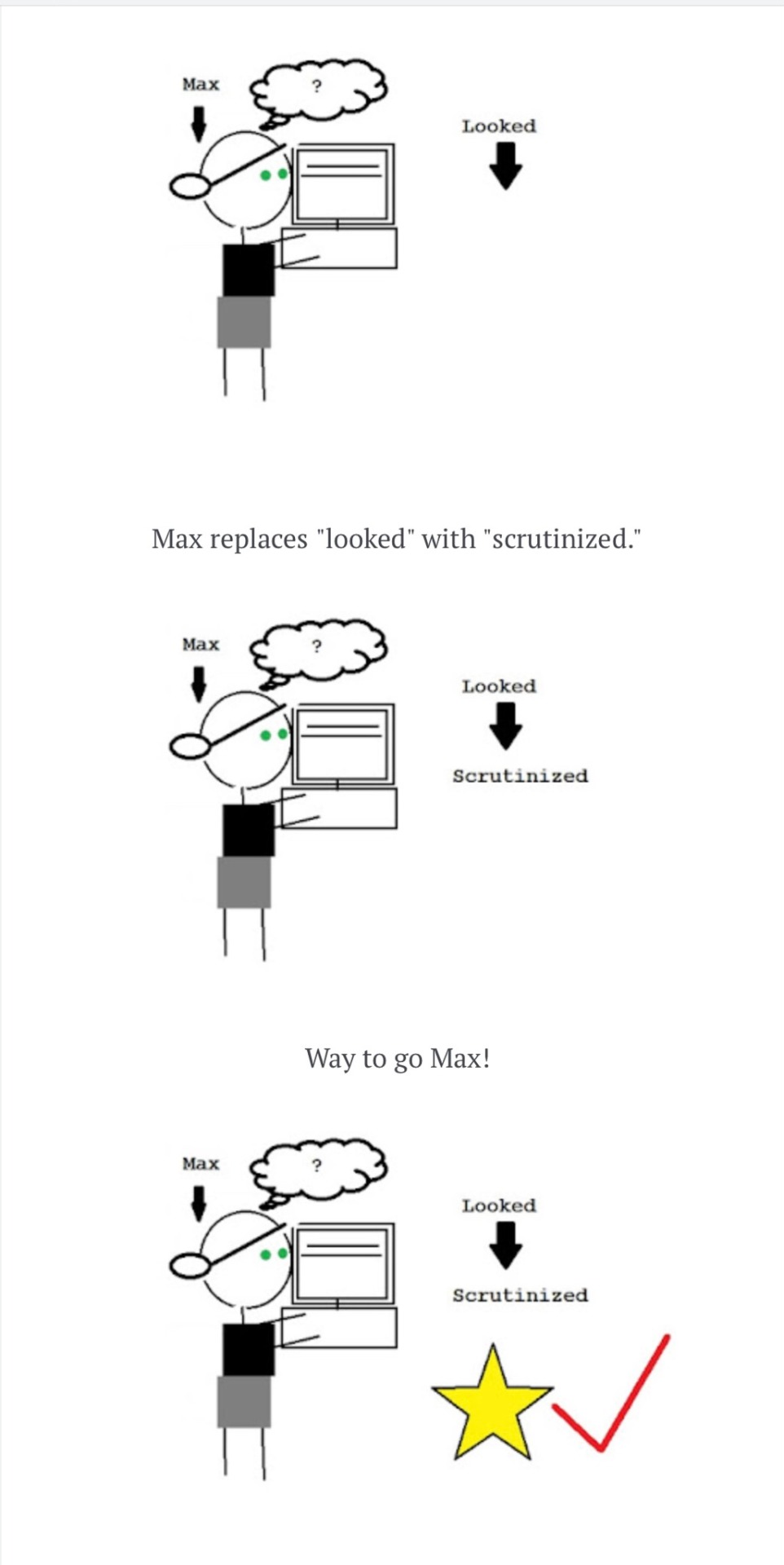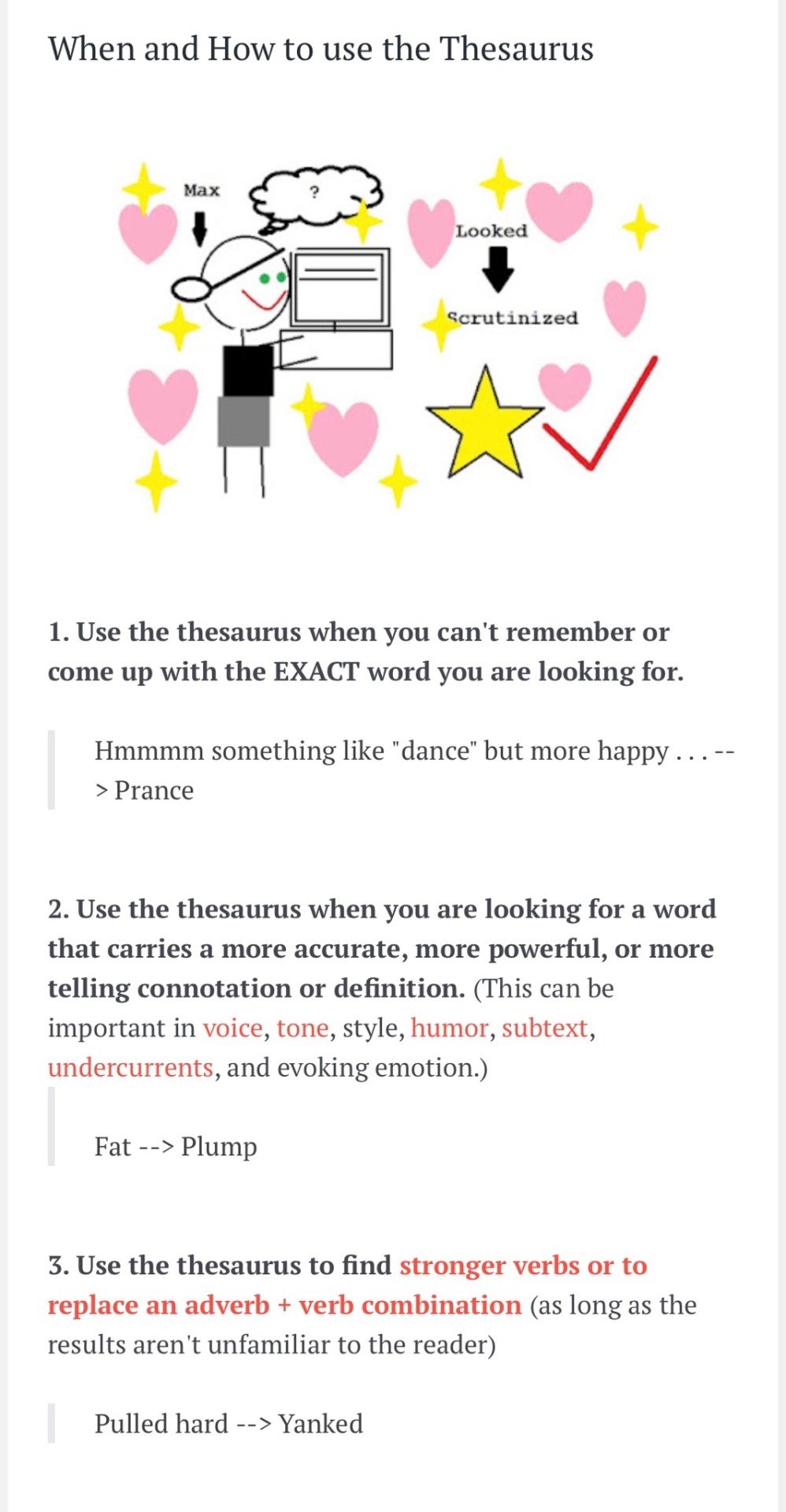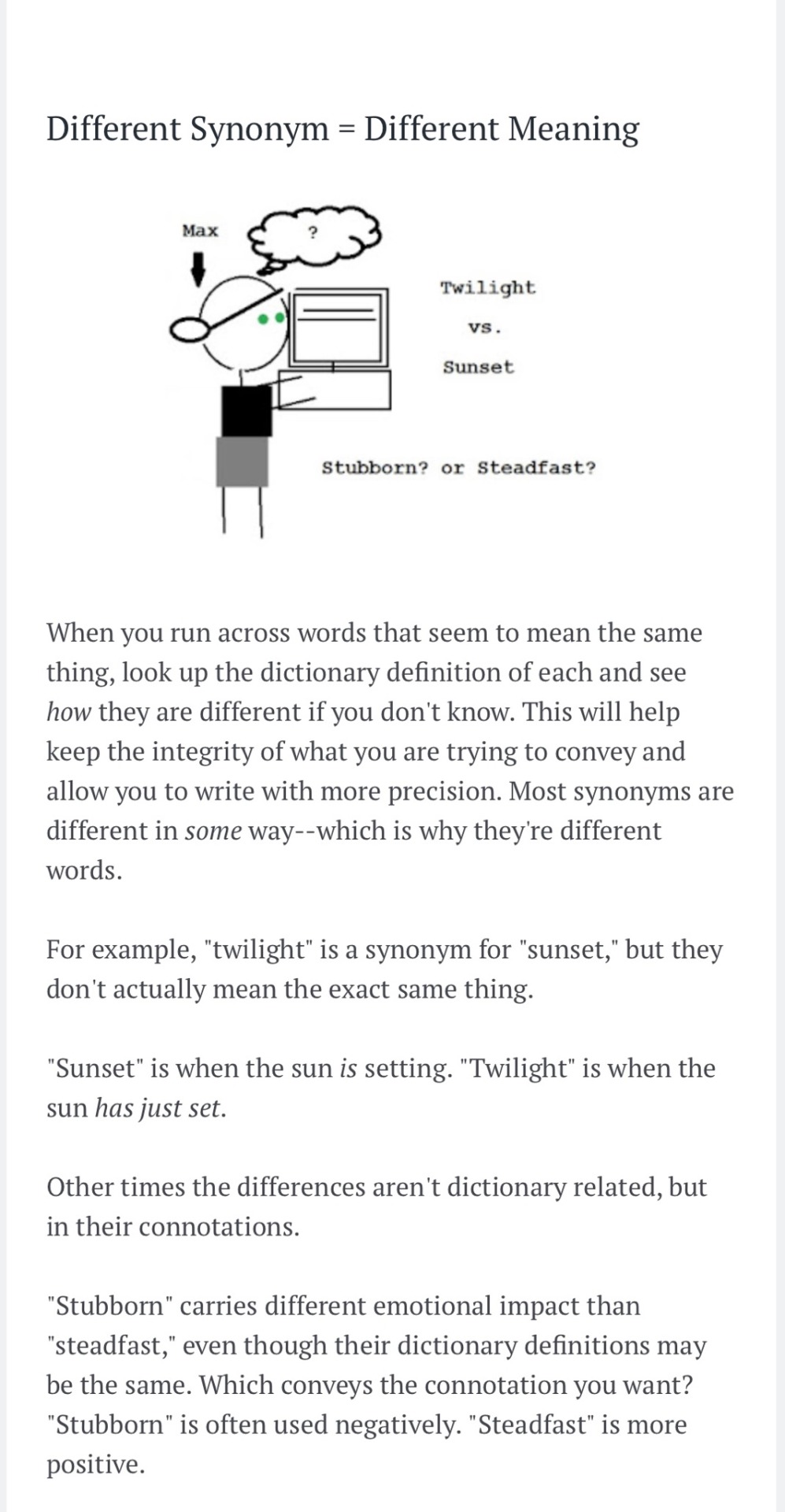A Pretty Cool List Of Questions For Your Characters. Personally, I've Been Doing This By Having It In
A pretty cool list of questions for your characters. Personally, I've been doing this by having it in an interview style series of questions for my character, Ktangha.
More Posts from Lune-versatile and Others
Whenever I see people saying that Hugo's admittedly insane info-dumping in Les Miserables is due to the fact that he was paid by the word, I get unreasonably angry.
Guys, no, you just don't get it. YOU LITERALLY DON'T GET IT.
The guy was writing this book for 20 years. 20 YEARS. It was the work of a lifetime. He travelled around, in France and abroad (Belgium), just to get a close look of all the places he was writing about, talk to the people there, communicate with the place etc. And like, he didn't travel by a motorbike, or cars or airplanes. This was not the vibe at the time.
Also, since we are in the 19th century may I remind you that there was no Google Search at the time. You couldn't just go to Wikipedia and learn about Louis-Philippe and the July Monarchy, you couldn't go to Youtube and watch documentaries about the June Rebellion and testimonies of people that were there and witnessed it. You couldn't just go to Spotify and listen to historical podcasts about the Battle of Waterloo or watch live footage. You couldn't know shit about the way Paris functioned, the history of the city, the importance and the role of infrastructure (INCLUDING THE SEWERS YES) and the way the infrastructure of a city is literally a reflection of the people and the customs and the social plagues that were specific of that city, unless you were, quite literally, a Statesman (and only if you gave a shit, which most didn't). There was no Vice News to inform you of the shit that happened in monasteries or in the labour camps. There was no possible way for anyone to have access to information on any of these things, things that were all of VITAL importance for the fate of french people, that were, for the most part, illiterate, ignorant, and/or struggling to survive until the next day. The solution for this was political conscience and social awakening but how could you do that if you don't have a voice and you don't have basic information and knowledge? But. There was a man that had the means, that had the ressources, that had the money, and he decided to actually do something with that. He decided to speak out. He decided to write a novel about an entire human society and the people in it. How they lived, what they dreamed, how they suffered, how they tried to change their fate, how they failed, how they tried again, and failed again. He gave voice to people who, quite literally, didn't have a voice. It is no coincidence that the book was loved by the people (the mass) but hated by pretentious critics, including other novelists of the time. It wasn't a novel about critics, it was a novel about people. And people loved it. They loved the info-dumping cause it wasn't "info-dumping", nor a """""""filler"""""""" for god's sake, it was quite literally a window to their world, their living space, their history, their roots, their political struggles, a window that they simply didn't have before, and that book gave it to them. It educated people at the time when they couldn't be educated otherwise, at a time when education was indispensable for social change.
But sure Hugo just dedicated 2 decades of his life writing """""fillers""""" to pass the time and get more money lmao. Shut up for the love of god.
Final note: I'm not saying that Hugo's portrayal of french society is without flaws or totally realistic, or that his characters don't seem simplistic at times in their misery and total victimization. This work doesn't delve deeply into the person, that is its flaw. It goes mainly outwards, because its main goal is to educate, while at the same time being immensely entertaining, (at least for people who weren't used to instant gratification like nowadays). That is his value.
some writing advice nobody asked for
- figure out why you write. is it a hobby? is it something you want to become your career? do you have intentions of going to print? then you'll have a better idea of what advice you need.
- experiment with scheduling versus writing whenever you fancy it. i'm reading on writing by stephen king right now for uni and he says that he sets himself a goal of writing 2,000 words a day. he gives a lot of good advice about writing but i won't put it all here because then it won't be my writing advice lol, but one thing he says is to get into a room with a closed door and no distractions (unplug the tv, turn off your phone/wifi etc), sit down, and do not leave that room until you have your 2,000 words. i did this in the final week of writing my novel and it worked wonders, even though i'm not usually the kind of person to start a writing session with a wc goal in mind!
- don't show people the first draft. this exists solely for you. show them the second, or maybe the third. the first draft's job is just to exist, not to be by any means brilliant. don't introduce unnecessary pressure or doubt by showing people the rough work (unless obviously this is your agent/editor because it's kind of what your job together is)
- try not to get too bogged down by the driving plot or clear arcs/ideas at first. people will tell you different things, so really it's about figuring out what works with your personal writing style, but in my experience i start with a vague idea or atmosphere, maybe a character or two. when i start with a central plot point (i.e. "i want this group of students to end up involved in a murder"), even if i do stick to that, the plot will grow and expand itself as you write. what began as the big, main, central part, becomes just one little part of a huge, rich plot. it's true when people say that books like to write themselves - your final draft will most likely look absolutely nothing like your original plan or even your whole first draft, and that's what i absolutely love about the craft.
- and finally, listen to more radiohead. alternately put "something in the way" by nirvana on loop. just trust me.
A Complete Beginner’s Guide to Moodboards
Please note that this is a guide for complete beginners who have no idea how to get started on making moodboards. Only the very basics will be covered here.
Have you ever wanted to make a moodboard but didn’t know where to start? You have ideas but you have never edited a picture before? Can’t afford photoshop and don’t know how to use it? Look here, this guide is for you!
This guide includes: Free photoshop alternatives, where to find images, and basic tips and tricks to make your moodboard. Click the Read More below :)
Afficher davantage
Hello there!
I'm meaning to write a story for a long time (I've kind of brilliant ideas for the plot and stuff) but i can't get words out; half of the time I get confused about which pov will suit the story or sometimes it just doesn't seem appealable.
How can I go about it?
Have Plot Ideas, Can't Get the Words Out
When you have ideas for the story but you sit down to write it and it goes nowhere.... that's a good sign that you need to spend some time doing some planning and plotting. In fact, you may need to take some time to make sure you understand plot and story structure before you start to plan. Here are some posts to get you started!
Basic Story Structure Beginning a New Story How to Move a Story Forward Choosing a Point-of-View Choosing a POV Character Among Many Interesting Viewpoints Guide: How to Rekindle Your Motivation to Write Getting Unstuck: Motivation Beyond Mood Boards & Playlists Have Plot, Can’t Write
Good luck with your story! ♥
•••••••••••••••••••••••••••••••••
Have a writing question? My inbox is always open!
Visit my FAQ
See my Master List of Top Posts
Go to ko-fi.com/wqa to buy me coffee or see my commissions!
Heres a google drive folder filled with art book pdfs, if anyone has some others that you'd like me to add to it thats missing, please let me know and send me the link
I hate to say this, and like, rain on everyone’s parade, but after scrolling past three posts about it on a writing tag …
If you are looking up synonyms to exchange words out in your story with the purpose of sounding smarter, more sophisticated, or complicated to your reader, you are probably abusing the thesaurus.
Now, if you *want* to do this, I mean, you can write whatever or however you want! But I just want you to know that this is frowned upon if you are trying to write at a professional level.
I have an old article on this somewhere …







If you want to look at the original article…
https://www.septembercfawkes.com/2018/08/how-to-use-thesaurus-properly.html

I'm not sure I can express this sentiment strongly enough, but I'm going to try via the medium of large bolded text.
Write what the fuck you want.
Write what makes you happy. Write what makes your soul sing. Write what fucks you up and makes you cry. Write what comforts you. Write what distracts you. Write what you want to read. Write what you want to watch.
Write what you want to dream about tonight.
Write what you can't get enough of. Write what you're completely obsessed with. Write what wakes you up at 4am and drags you out of bed because you can't stop thinking about what your characters are going to do next.
Write what turns you on, if that's your vibe. Write characters you're in love with and characters who inspire you and characters you want to be friends with and characters you fucking hate but oh my god they're so much fun.
Write about things you would sell your soul to do in real life and things you would never do in real life. Write about things that are happening right now and things that happened a thousand years ago and things that might happen in the future and things you wish could happen.
Write to get a publishing deal or to sell your books yourself or not to sell your books at all. Write for your friends or for strangers or for the people who reblog your posts on Tumblr and send you songs that remind them of your characters.
Write for yourself.
Fuck any system that tells you there's only one right way to create or one valid way to share your writing. Your story, the way you tell it, has so much value. Make people smile or piss people off or do both of those things because art is divisive and fascinating and beautiful.
Start writing. Keep writing. And write what the fuck you want.
How to Write Political Intrigue (with book recs)
POLITICAL INTRIGUE! Intrigue in general! What is it?
For the purposes of this post (as well as how it's usually used in the writing/reading community), think: scheming. Plotting. Conspiracies in the shadows, bids for power and survival, secret plans, masterful illusions, all of that stuff.
It could be on any scale that you'd like, from a duel of wits (think Light's and L's game of cat and mouse in Death Note)
...to a large-scale plot involving entire countries and their people (like any espionage networks during any major wars, such as the American Revolutionary War to World War II, and so many more)
...or even medium-sized conflicts (families, like in The Godfather, or smaller national disturbances like the Watergate scandal).
Below are 4 core tips on how you can successfully write (political) intrigue plots:
1. Read + Research
Despite how hard it may sound, it's actually pretty easy to craft a realistic yet thrilling intrigue plot—with so many examples in real life and fiction, you can easily base your plot on an existing one and just change a few things like the characters, setting, and maybe a few plot points.
History and current events are always great places to look to, but here are some books that are chock-full of great politics + intrigue:
Leviathan (Thomas Hobbes): one of the most famous treatises of politics + human nature and their intersection. The book is an in-depth exploration of human nature, government, politics, and all of the root causes of why they exist. While it does take a specific philosophical angle (you might not agree with Hobbes' ideas), they are detailed explanations of how things work + why they are required from one perspective.
48 Laws of Power (Robert Greene): GREAT BOOK for helping you plan out the means by which you want the intrigue to happen. There are lots of simplified rules that tell you why people plan and scheme (e.g. "control the options; get others to play the cards you deal," or "pose as a friend, work as a spy"). There are LOTS of really great small stories of when a rule is applied in real life that are also general plot inspo!
The Godfather (Mario Puzo): very very good, intricate, and more emotional because it deals with the intrigue surrounding families
Joseph Fouché: Portrait of a Politician (Stefan Zweig) (biography): Fouché is absolutely insane. A genius at political intrigue. His life is literally one of the craziest stories of scheming, betrayals, survival, and a general vying for power, especially behind the scenes.
The Prince (Machiavelli): obviously, I can't leave out the original tips + tricks book with explanations of WHY intrigue matters as a means, especially in terms of protecting your power.
Trust Me, I'm Lying (Ryan Holladay): a large part of intrigue plots (you need to cover up the actual game you're playing) is the manipulation of information, creating illusions and spectacles for other people to believe. This book goes in-depth about media manipulation and information wars.
Empire of Pain (Patrick Raden Keefe): takes a rather different angle, through the personal/corporate manipulation of government, as well as how wealth dynasties (especially within families) are established. Remember the opioid crisis? This book explores the generational politics of money and power that led up to that.
Prince of Thorns (Mark Lawrence): Look! Fiction! Anyway, I'm biased because it's one of my favourite works of fiction of all time, but it explores political intrigue not only through an actor participating in it, but through the lens of the common folk. I.e., the consequences all that power play has on the populace due to a lack of actual good governance...
A Song of Ice and Fire (George R. R. Martin): I haven't personally read/watched anything GoT, but it's pretty much obligatory to put this series down in a post about political intrigue. It's famous for doing it well.
2. Plan. Like, meticulously
First of all, decide what scale you want your intrigue to be on: large-scale government/international affairs type, a corporation thing, something between two people, or even within a family? There are so many possibilities.
Intrigue plots are like mysteries; they must be tightly logical to be satisfying. One of the best ways of ensuring this is through analyzing each involved party—the actors.
Each actor has their own motivations, goals, and psychologies. After you establish what they want OUT of their intrigue, think about how they'd go about achieving it: a naturally hot-headed person might try to intimidate their way into getting what they want, or they might learn through the course of the story to cool down a bit.
A naturally imaginative and analytical person might come up with all sorts of scarily genius plans, and near-flawless execution. Of course, they would also react in different ways, depending on personality. Character consistency alone will make your plot seem that much more logical.
However, cracks in logic will happen because humans are inherently imperfect and not always rational. These cracks must be DELIBERATE and realistic and must seem planned out; they can't seem more like the author forgot a detail, or didn't know how to explain something (e.g. something happened and the writer never included the consequence of it because they forgot). It must be clear that it is a flaw on the character's part.
3. Never write intrigue for the sake of the intrigue
The incentive of all scheming comes down to mainly two things: gaining power and keeping it. Of course, you could choose to explore more unusual things, such as characters exercising intrigue to satisfy boredom... (think Light and Ryuk from Death Note).
But, the bids for power, security, and survival can be used to highlight things about human nature. Themes to explore include ambition, sacrifice, the pursuit of happiness, the corruption of character, the preservation of innocence in a cruel system, etc.
4. Explore through a narrow lens
Most intrigue plots are full of complex motivations, characters, goals, and the means they use to achieve said goals.
You should gradually let your intrigue plot unfold through the POV of a few characters, preferably one or two. An omniscient narrator for this type of story is INCREDIBLY difficult to pull off without confusing the reader.
However, more POVs work if you use all of them to focus on ONE or a few intrigue plots only—it can provide a multi-layered effect, exploring the same line of action and consequence through different perspectives. But, if everyone has their own intrigue plot, it's too easy to create a tangled mess where readers can barely delineate one plot from the next.
∘₊✧────── ☾☼☽ ──────✧₊∘
instagram: @ grace_should_write
Sorry for the massive hiatus—I have officially started college!! I've been pre-occupied with settling in, classes starting, a social life, extracurriculars etc. etc...life has been super busy, but great :)
I've started working on my books as well as poetry more recently, and I'm glad I'm getting into a new workflow/lifestyle. It certainly is different, but I'm starting to enjoy it.
Anyway, I'm surprised it took me this long to do a post about this topic, considering the fact that it's basically my writergram niche and my entire personality IRL, but I think it was mainly because I was trying to find a good angle to approach this massive topic. But, stay tuned for (probably) a part 2 because there's SO MUCH MORE to cover.
Hope this was helpful, and let me know if you have any questions by commenting, re-blogging, or DMing me on IG. Any and all engagement is appreciated :)
Happy writing, and have a great day!
- grace <3
-
 iheartrockmusic liked this · 1 year ago
iheartrockmusic liked this · 1 year ago -
 lune-versatile reblogged this · 2 years ago
lune-versatile reblogged this · 2 years ago -
 lune-versatile liked this · 2 years ago
lune-versatile liked this · 2 years ago -
 4starchild4 liked this · 2 years ago
4starchild4 liked this · 2 years ago -
 gabe-killed-me-with-ace-cream liked this · 2 years ago
gabe-killed-me-with-ace-cream liked this · 2 years ago -
 asher-writes reblogged this · 2 years ago
asher-writes reblogged this · 2 years ago -
 asher-writes liked this · 2 years ago
asher-writes liked this · 2 years ago -
 creationinspiration reblogged this · 2 years ago
creationinspiration reblogged this · 2 years ago -
 myths-of-fantasy reblogged this · 2 years ago
myths-of-fantasy reblogged this · 2 years ago


